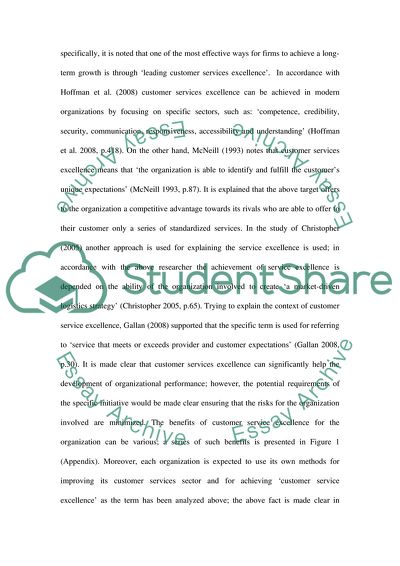Cite this document
(“Provision of Customer Service within Intercontinental Hotels Group Case Study”, n.d.)
Retrieved from https://studentshare.org/social-science/1583604-provision-of-customer-service-within-intercontinental-hotels-group-ihg
Retrieved from https://studentshare.org/social-science/1583604-provision-of-customer-service-within-intercontinental-hotels-group-ihg
(Provision of Customer Service Within Intercontinental Hotels Group Case Study)
https://studentshare.org/social-science/1583604-provision-of-customer-service-within-intercontinental-hotels-group-ihg.
https://studentshare.org/social-science/1583604-provision-of-customer-service-within-intercontinental-hotels-group-ihg.
“Provision of Customer Service Within Intercontinental Hotels Group Case Study”, n.d. https://studentshare.org/social-science/1583604-provision-of-customer-service-within-intercontinental-hotels-group-ihg.


